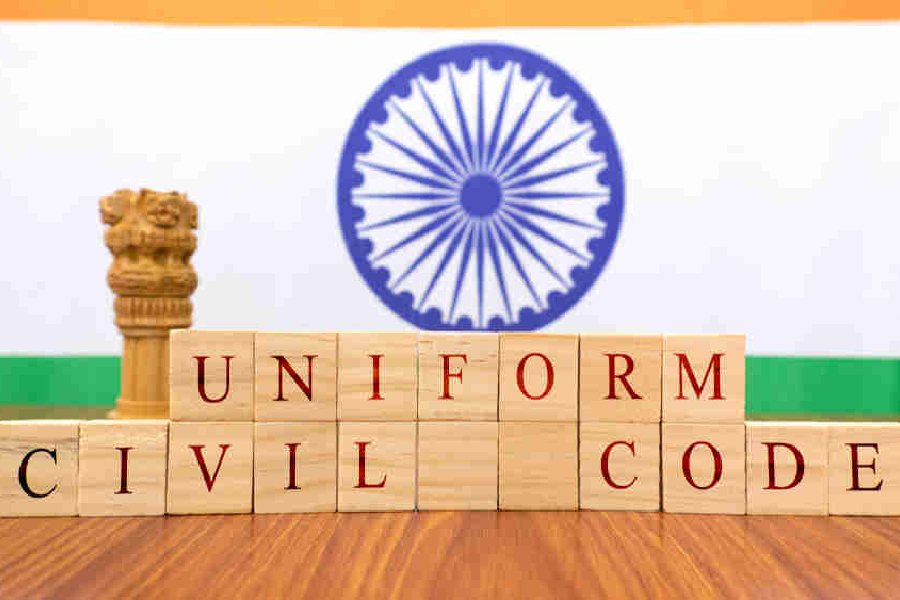CPM general secretary Sitaram Yechury on Saturday said the Uniform Civil Code (UCC) proposed by the Centre is meant to specifically target the Muslim community with a clear objective of creating a nationwide communal polarisation ahead of the 2024 Lok Sabha polls.
Yechury who inaugurated a national seminar against UCC organised by his party in Kozhikode urged the people to see the real intent of the proposed legislation by interpreting some recent developments.
He recalled how Nagaland chief minister Neiphiu Rio told the media last month that home minister Amit Shah had assured a delegation led by him that Christians and tribals in some pockets would be exempted from the proposed law. “The Punjab chief minister (Bhagwant Mann) openly said that the Sikhs should be exempted. The Parsis said that them being a small community should be exempted,” Yechury noted.
“The defence minister (Rajnath Singh) very proudly said that there is already a UCC in Goa… You say that Parsis, Sikhs, Christians and tribals are exempt. Who is left? That is what the actual purpose of this law is,” he said.
Yechury argued that it was not mere diversity that the nation and its people should be discussing in view of the attempts to bring UCC. “It’s not only diversity, it is plurality (that is needed). Diversity is the difference in the way we operate, behave or organise, but plurality is recognition of different groups and different sets of people who live together.”
The CPM leader noted how the 21st Law Commission had stood against UCC after two years of consultations with all stakeholders.
Yechury read out the relevant portion of the law commission’s recommendation that stated: “While diversity of Indian culture can and should be celebrated, specific groups of the weaker sections of the society must not be disprivileged in the process. Resolution of this conflict does not mean abolition of difference. This commission has therefore dealt with laws that are discriminatory rather than providing a Uniform Civil Code which is neither necessary nor desirable at this stage. Most countries are now moving towards recognition of difference. And the mere existence of difference does not imply discrimination, but is indicative of a robust democracy. “
He cited examples of diverse customs and traditions even within one religion or linguistic group by giving his own example. “I am born into a family where my mother’s brother could have married me if I was a girl…But the very same custom is taboo in nearby places within the same Hindu community.”
“In Chennai you can marry your first cousin. But in my community marrying a first cousin is incest or a crime. In their community marrying a maternal niece or an uncle is a crime. So what uniformity is being talked of?” he said.
The CPM had caused a stir by inviting Congress ally Indian Union Muslim League and Muslim groups usually seen as their partners for the seminar. While IUML declined the invitation, a few Sunni organisations participated in the seminar and voiced their concern against UCC.
Umar Faizi Mukkam of Samastha Kerala Jam-Iyyathul Ulama questioned the rationale behind UCC by exempting so many communities and targeting only Muslims.
“What we see here today is the strength of the people from one small place. If they are seeing the power of the people present here, we can be certain that they won’t make any move to implement it,” said the cleric.










